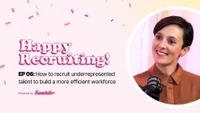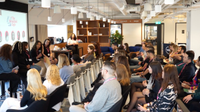The secret to a strong DEI strategy - Palace for Life Foundation
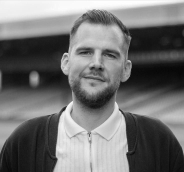

Seb Waterfield
UK Marketing Manager at Teamtailor
Duncan Robinson, Head of Operations at Palace for Life Foundation, spoke with us about the inspiring DEI strategy he has helped to implement at the organisation, which has been conducive to their significant hiring growth.
Palace for Life Foundation is the official charity of Crystal Palace F.C. which has worked with the south London community for over 25 years. The charity uses the power of football and the Crystal Palace brand to change the lives of young people across south London, particularly the most hard-to-reach and hard-to-help. Palace for Life work with over 15,000 people each year and inspire them to find a better path and to lead a healthier life.
Joining Palace for Life in 2015 as Office & Compliance Executive, Duncan has risen through the ranks to his current position as Head of Operations, overseeing HR, Safeguarding, EDI, Impact, Systems, IT and Health and Safety, amongst other areas.
Duncan prides himself on building relationships with his colleagues and has been a key driver of the organisational culture and structure. He was added to the Kindness in Leadership list in 2021, after being nominated by colleagues and is CIPD Level 5 qualified in Human Resources. Born within a stone’s throw of Selhurst Park, Duncan is passionate about helping his local community.
We've recruited about 100 people since we've had Teamtailor and use anonymous mode for every single hire.
How did Palace for Life come about?
We've been in operation for over 25 years in various different forms and guises. We rebranded as Palace for Life Foundation six years ago and it's gone from strength to strength. I've been at the Foundation for around eight years. When I first started, we only had about 20 full time members of staff and another pool of sessional coaches. We now have just under 50 full time staff with over 70 sessional coaches, so we're growing all the time.
How do you prioritise DEI and how does it filter into your workplace culture?
DEI is hugely important and it runs through everything that we do. Obviously we're working with young south Londoners and that's an incredibly diverse area. We need to make sure that our workforce reflects the community that we work in, and there are so many ways that that comes into play.
We have four leads across the organisation on LGBTQ+, race, equality, women and girls, and disability - the leads in those four areas really drive that agenda and make sure we are as inclusive as possible across the whole organisation.
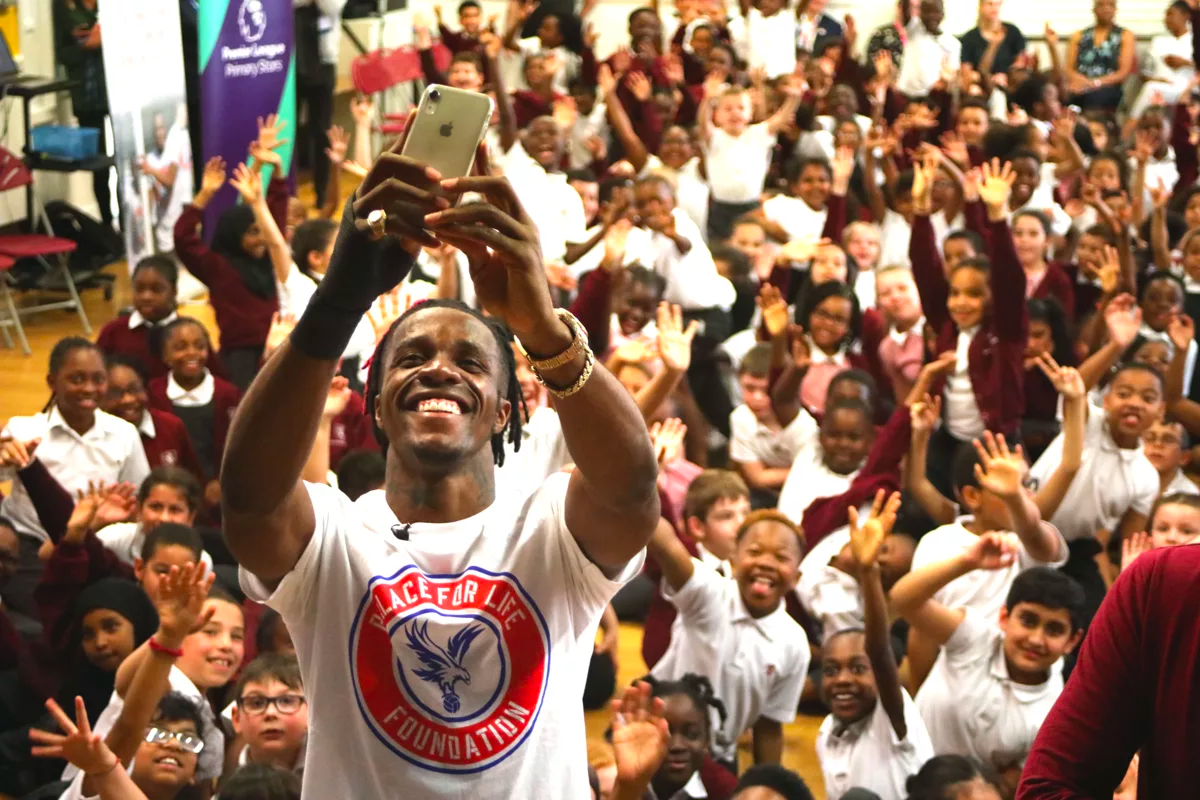
Are you still actively working to improve your DEI strategy?
We're very lucky that we're in a community and location that is very diverse. This in turn, means we naturally have a diverse workforce. It's something that we shouldn't get too complacent with however, so we do still have to ensure that comes into the workplace and the four equality leads we have.
Everyone has those natural human biases and it's about being aware of those and making sure that we're eliminating them as much as possible. We're fortunate that our management team, in particular the hiring managers, are fully on board with this and as part of our recruitment process, we only really recruit people whose values fit into ours. Again, it's not something we have to get their buy into because they're already bought into it. We all want that diverse workforce and the benefits that brings.
How have you incorporated Teamtailor into your DEI strategy?
Using Teamtailor, we make sure that we run a report on every role that we advertise and every hire that we make. We'll run a report or create a questionnaire whenever anyone applies for a job, which is all anonymous. We'll then run another report based on the answers, highlighting who's gone through to interview and who's secured a job. In each stage, we analyse the figures and identify areas of success and improvement.
We've had Teamtailor for two years. We’ve recruited approximately 100 people in that time and we use anonymous mode for every single hire - that is a non-negotiable. For every hire that we have, there are certain non-negotiables such as salary transparency for each job role. This, along with our anonymised process ensures as much inclusivity as possible.
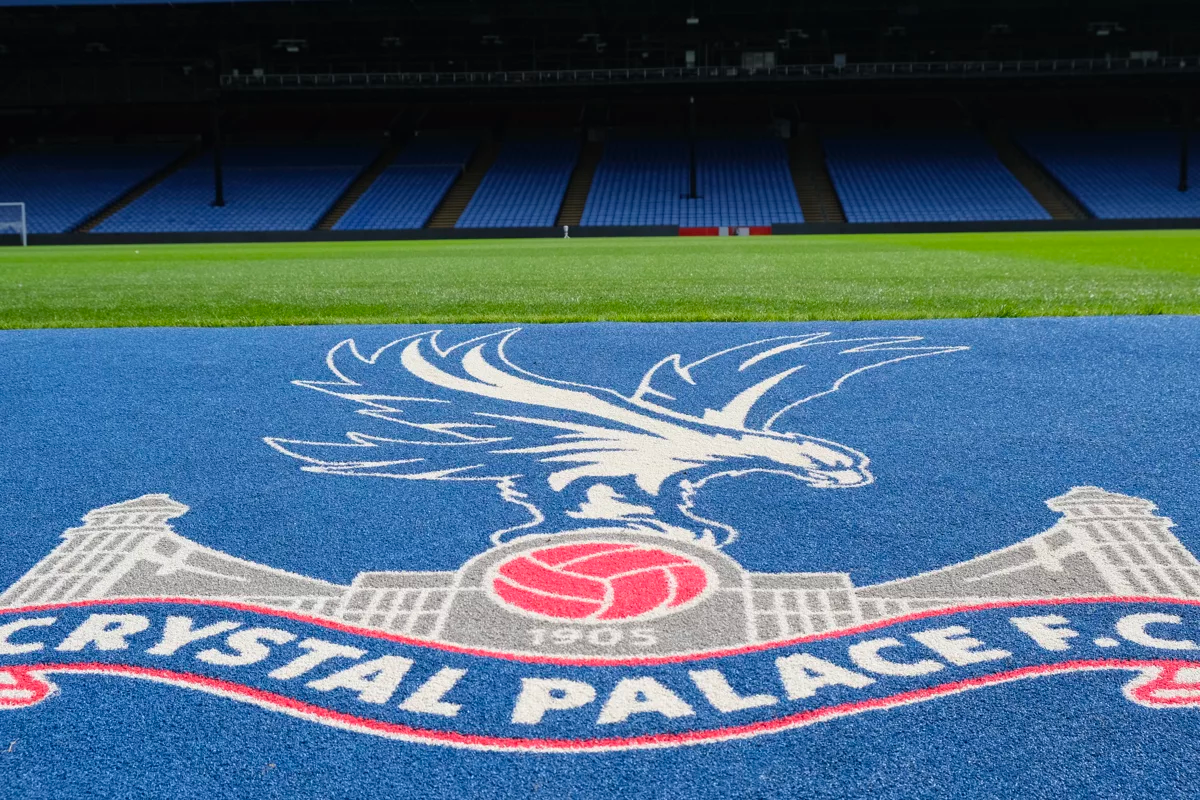
Do you have any advice for other organisations looking to improve their own DEI strategy?
I think it's very easy to just recruit through the typical, large organisations such as Indeed. I think it's really important to go through your local organisations, whether that’s churches or mosques for example; I think it depends on the location that you're in. Certainly for us however, these are organisations within the field that we have utilised. We also advertise our jobs on Kick It Out and Women in Football which both really help us to reach every single demographic.
We understand we’re not there yet. You're never totally finished with this work but it's about making gradual improvements to get closer to where you want to be as an organisation. We’ve certainly found year on year that since introducing Teamtailor, we've seen our hiring grow and thrive.
Discover how Teamtailor's all-in-one recruitment software can support your company's DEI strategy.
![]()
How to recruit underrepresented talent to build a more efficient workforce
We sat down with Caroline Therwath-Chavier profile, to learn more about strategies for recruiting diverse talent and encourage more inclusion in the workforce.
![]()
The Diversity Dilemma: True Inclusion or Statistical Illusion?
In a world where most people claim to be experts on DEI and project inclusivity as an all-you-can-eat buffet, are we interested in the person themselves?
![]()
Removing bias from the recruitment process
Read our top 5 takeaways from our latest Breakfast Club on DEI and how removing bias from your recruitment process can lead to more successful hiring.
